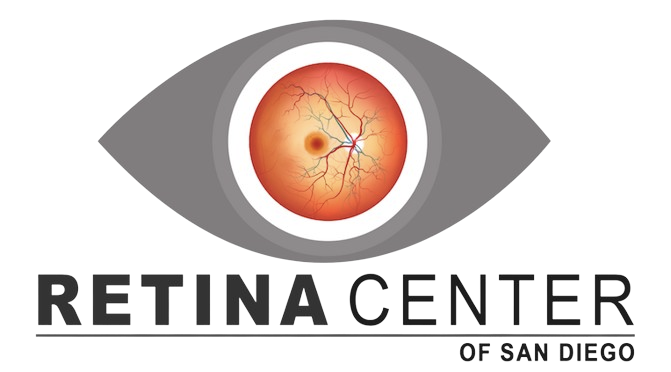Retinal Vein Occlusion
What is Retinal Vein Occlusion?
A retinal vein occlusion (RVO) is a blockage or obstruction of one of the veins that carry blood away from the retina, the light-sensitive tissue at the back of the eye. This blockage can lead to the buildup of blood and fluid in the retina, causing vision loss and other complications.
There are two main types of retinal vein occlusion:
- Central retinal vein occlusion (CRVO): This occurs when the main vein that drains blood from the entire retina becomes blocked. CRVO can be classified as non-ischemic (milder form) or ischemic (more severe form).
- Branch retinal vein occlusion (BRVO): This occurs when one of the smaller branches of the retinal vein becomes blocked. BRVO is more common than CRVO and typically affects a smaller area of the retina.
The exact cause of retinal vein occlusion is often unknown, but it is believed to be associated with various risk factors, including:
- Age
- High blood pressure
- Diabetes
- Glaucoma
- Smoking
- Blood disorders
Symptoms of retinal vein occlusion may include sudden painless vision loss or blurry vision in one eye, often described as a curtain coming down over part of the visual field. Other symptoms may include floaters (spots or cobwebs) in the vision, distorted vision, or changes in color perception.
Treatments for Retinal Vein Occlusion
Treatment for retinal vein occlusion aims to manage the underlying cause, reduce complications, and preserve vision. Treatment options may include:
- Observation: In some cases of mild retinal vein occlusion, especially if there is no significant vision loss or macular edema (swelling), observation and regular monitoring may be recommended.
- Anti-VEGF injections: Medications called anti-vascular endothelial growth factor (anti-VEGF) drugs can be injected into the eye to help reduce swelling and leakage from abnormal blood vessels. Anti-VEGF therapy is often used to treat macular edema (swelling of the central part of the retina) associated with retinal vein occlusion.
- Steroid injections: Corticosteroid medications may be injected into the eye to help reduce inflammation and swelling in the retina. Steroid injections can be effective in treating macular edema associated with retinal vein occlusion, particularly when anti-VEGF therapy is not suitable or effective.
- Laser photocoagulation: Laser therapy may be used to seal leaking blood vessels or to reduce the growth of abnormal blood vessels in the retina. Laser treatment can help reduce macular edema and improve vision in some cases of retinal vein occlusion.
- Retinal surgery: In rare cases of severe retinal vein occlusion with complications such as neovascularization (abnormal blood vessel growth) or vitreous hemorrhage (bleeding into the vitreous gel), retinal surgery may be necessary to remove blood or scar tissue and to repair retinal damage.
The choice of treatment depends on factors such as the type and severity of retinal vein occlusion, the presence of complications, and the patient’s overall health and preferences. It’s important for individuals with retinal vein occlusion to undergo regular eye exams and to manage any underlying health conditions to help prevent further vision loss and complications.








